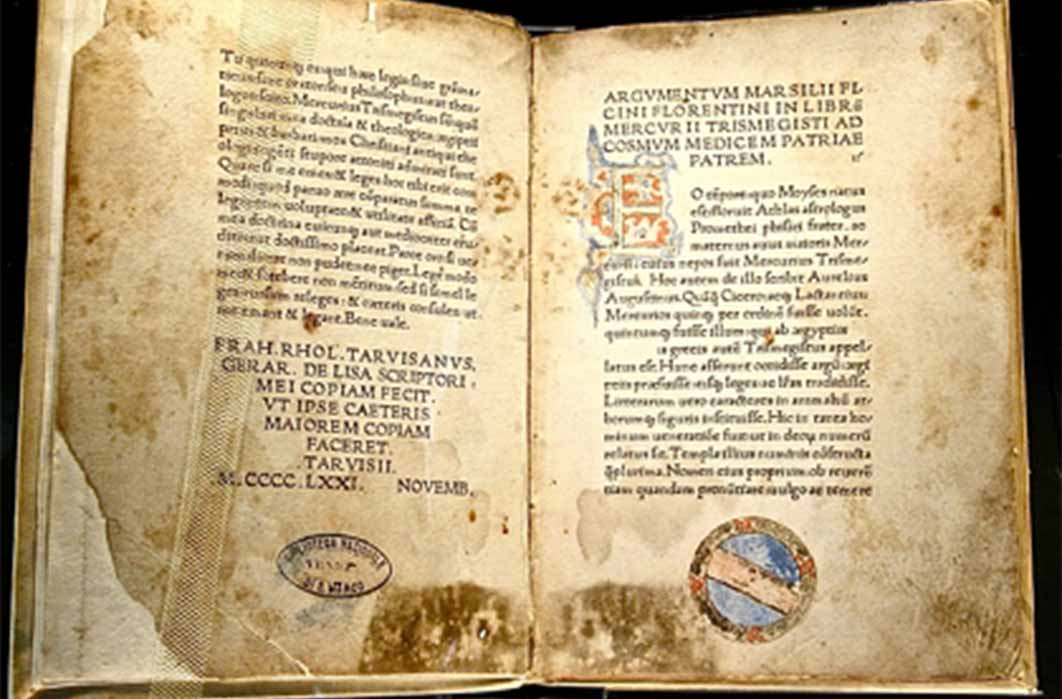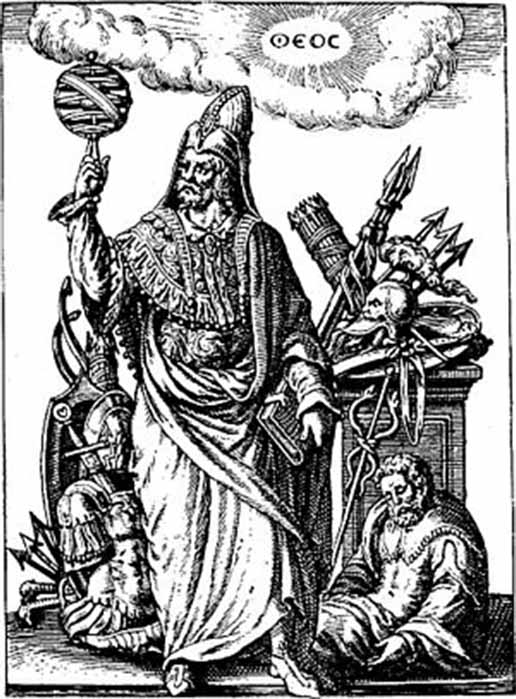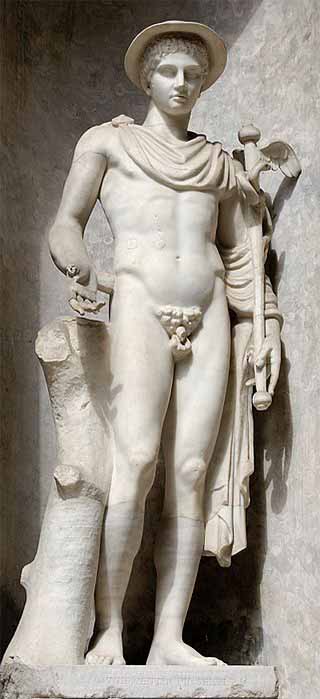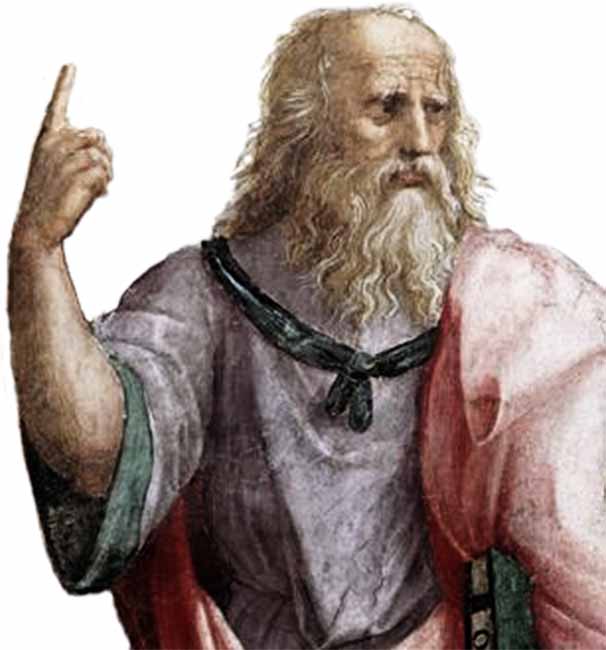
Aion: The Demiurge and the Destiny of Man in the Teachings of Hermes Trismegistus
The Hermetica are a collection of ancient texts composed in Egypt between roughly 200 BC and 400 AD, attributed to the legendary sage Hermes Trismegistus and his followers. As is well known to scholars of philosophy and the esoteric, Hermes Trismegistus was a literary fictional character, representing a merger of the Greek Hermes and Egyptian Thoth, both of whom were associated with communication between worlds and the journeys through the Otherworld in their respective mythologies. This perfectly suits the Hermetica, the product of a fusion of Middle Platonic and Egyptian philosophical and cosmological concepts occurring in Egypt during the Ptolemaic and Roman Imperial periods. There is also a strong Hebrew element in the Hermetica, resulting from the influence of the Septuagint and Jewish philosophers such as Philo Judaeus (20BC—70AD) in Alexandria, Egypt at the time of their composition.

Engraving of Mercurius Trismegistus from Pierre Mussard, Historia Deorum fatidicorum, Venice, (1675) (Public Domain)
Texts Of The Hermetica
The surviving philosophical Hermetica consist of the 17 Greek texts of the Corpus Hermeticum (CH), a collection of 29 Greek fragments preserved by Joannes Stobaeus (SH), a Latin translation of the lost Greek original of the Perfect Discourse known as the Asclepius (Ascl.), the Greek and Armenian Definitions of Hermes Trismegistus to Asclepius (DH), Coptic renditions of several Hermetic texts in codex 6 of the Nag Hammadi Library (NHC 6), and several fragments located in the Bodleian Library at Oxford (OH) and in Vienna (VH). While these “core” Hermetica date to between the first and fourth centuries AD, they may have been preceded by other treatises now lost, including the Physica of Hermes and the Panaretos. This is especially likely considering that astrological Hermetic texts have been dated to at least the second century BC.

Hermes Ingenui. Roman copy of the second century BC after a Greek original of the fifth century BC. (Public Domain)
The majority of the Hermetic texts are in the form of dialogues between Hermes and/or his students, including Asclepius, Ammon, and Tat, the young son of Hermes. There are also teachings of the Egyptian Isis to her son Horus, and occasionally, of truths revealed to Hermes Trismegistus by aspects of his own higher Self, called alternately Poimandres, Agathos Daimon, or simply Nous (Mind). In Against Julian, Cyril of Alexandria quoted several Hermetic texts in which Hermes is directly identified with Agathos Daimon and teaches the mysteries of creation to Osiris. These figures all have roots in Greco-Egyptian mythology, and while the texts occasionally describe them as descendants of their actual namesakes, the Hermetic dialogues were probably always understood as narrative fictions. Modern scholarship supports the theory that the Hermetica were composed by Egyptian priests who interpreted Greek philosophy through their uniquely Egyptian lens, formulating a “theory of everything” presented in treatises pseudonymously attributed to Hermes and his followers. The Hermetica speak of a creator God who is both manifest through and yet also transcendent of his creation. In order to reach an understanding of this complex idea, a digression into the Platonic tradition is necessary.

Plato from Raphael's The School of Athens (1509–1511) (RaphaelQS /CC BY-SA 4.0)
The Platonic Demiurge
Plato’s Timaeus describes a being called the Demiurge as the creator of the universe: “The noun dēmiourgos means a skilled craftsman or artisan who produces goods for others, and the term was also used as a title for magistrates in certain Athenian city-states. The Demiurge is therefore a divine Craftsman who creates and rules over the universe. He is also described as an Intellect or Nous” (Timaeus 39a). “To form the material universe, the Demiurgic Intellect contemplates an eternal, changeless model, an Intelligible paradigm also called the Intelligible Living Being. The Demiurge then shapes chaotic, primal matter into a sensible universe created in the image of the Intelligible model.”




